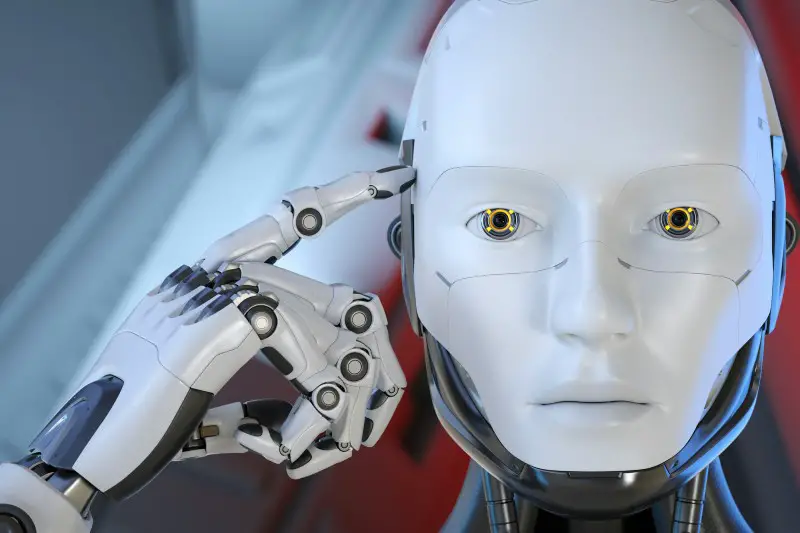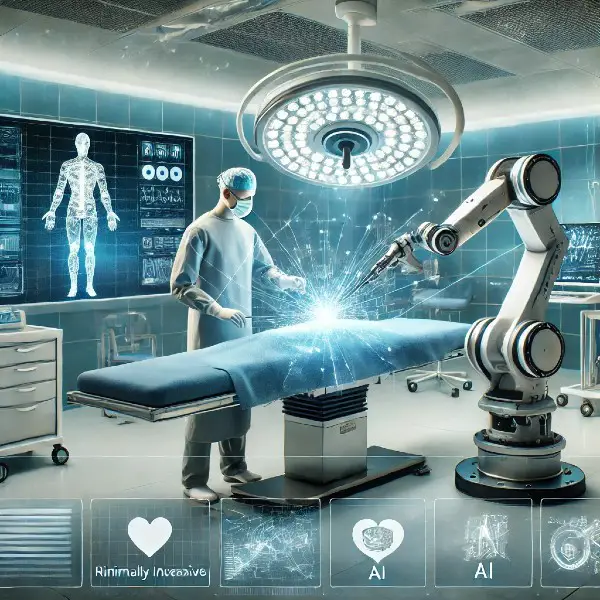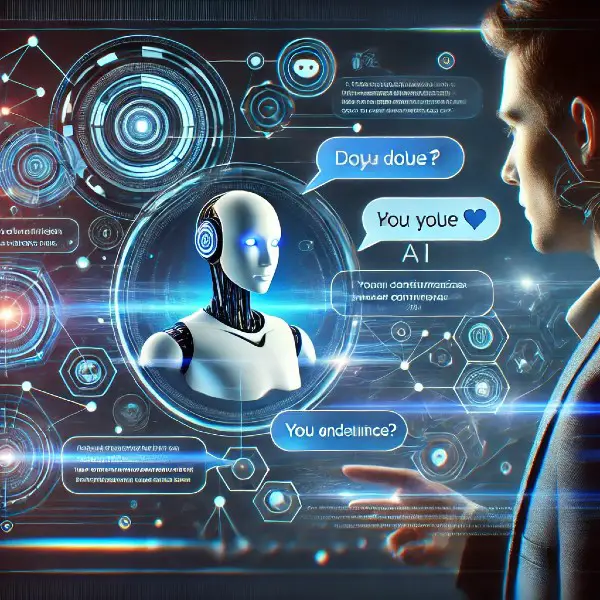Introduction:
AI Horizon is revolutionizing industries at an unprecedented pace, and healthcare is no exception. From enhancing patient care to streamlining administrative tasks, AI is becoming a cornerstone of modern medicine. In tandem, the integration of robotics in healthcare is reshaping how we approach patient treatment and care delivery. As AI and robotics continue to advance, the future of work within the healthcare sector is poised for significant transformation.
AI Horizon in Healthcare: Enhancing Precision and Efficiency
AI’s role in healthcare extends beyond mere automation; it encompasses improving diagnostic accuracy, predicting patient outcomes, and personalizing treatment plans. Machine learning algorithms can analyze vast amounts of medical data to identify patterns that human practitioners might miss. This capability leads to earlier detection of diseases, such as cancer, and the development of more effective, targeted therapies. Moreover, AI-powered tools can assist in surgical procedures, ensuring precision that surpasses human capabilities, ultimately improving patient outcomes.
Robotics in Healthcare: Revolutionizing Patient Care
The adoption of robotics in healthcare is another critical aspect of this transformation. Robotic-assisted surgeries, for instance, allow for minimally invasive procedures with reduced recovery times and fewer complications. Robots can also handle repetitive tasks, such as dispensing medications and managing inventory, freeing up healthcare professionals to focus on patient care. Additionally, robotic systems are being developed to assist in rehabilitation, offering personalized and consistent support to patients recovering from surgeries or injuries.
The Future Workforce: Adapting to AI and Robotics
As AI and robotics become integral to healthcare, the workforce must adapt to these changes. Healthcare professionals will need to develop new skills to work alongside these technologies, focusing on areas where human expertise complements AI’s capabilities. For instance, while AI can process and analyze data, the human touch is essential in patient interaction and decision-making. Training programs and educational curricula will need to evolve to prepare the next generation of healthcare workers for this new landscape.
Ethical Considerations: Balancing Innovation with Responsibility
The integration of AI and robotics in healthcare also raises ethical questions that must be addressed. Issues such as patient privacy, data security, and the potential for bias in AI algorithms require careful consideration. As these technologies continue to evolve, it is crucial to establish frameworks that ensure they are used responsibly and ethically, prioritizing patient well-being above all.
Conclusion:
The future of work in healthcare is being reshaped by the integration of AI and robotics. These technologies promise to enhance patient care, improve outcomes, and streamline operations. However, they also bring challenges that must be navigated carefully. As we move forward, the key to success will lie in finding the right balance between human expertise and technological innovation, ensuring that the benefits of AI and robotics are fully realized while maintaining the highest standards of ethical responsibility.
Reference
- AI Horizon in Healthcare: The integration of AI in healthcare has reached a pivotal point, where its potential to revolutionize patient care is both exciting and daunting. According to Harvard Business Review, the AI horizon in healthcare is defined by innovations that can enhance diagnostic accuracy, streamline clinical workflows, and improve patient outcomes. However, these advancements also come with challenges related to data privacy, ethical considerations, and the need for rigorous validation of AI tools. As AI continues to evolve, healthcare systems must balance the benefits with the inherent risks.
- AI Horizon and Ethical Implications: As AI technology advances, it’s critical to address the ethical implications that arise at the AI horizon. A report by The Brookings Institution highlights the importance of transparency, accountability, and fairness in AI systems, particularly in public sectors such as healthcare. The report discusses how AI’s potential to improve efficiency and decision-making must be tempered with strong ethical guidelines to prevent biases and ensure equitable access to AI-driven innovations.
- AI Horizon and Future Opportunities: The AI horizon is not only about the current state of technology but also about the future possibilities it presents across various industries. McKinsey & Company explores how AI is poised to unlock new opportunities, from enhancing customer experiences to driving operational efficiencies. As industries navigate the AI horizon, they must remain agile and adaptable, embracing the technology while addressing the challenges it poses, such as workforce displacement and the need for reskilling.

Trade Ideas Top Stock Picks of the Day: MESO, NUVB, and CZOO Analysis








